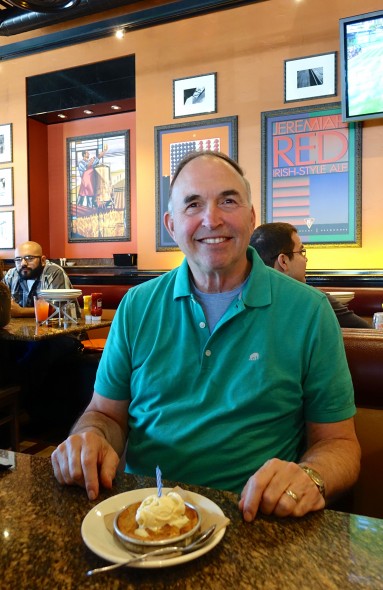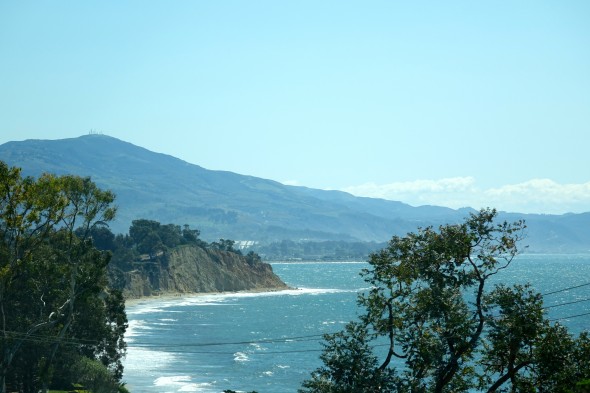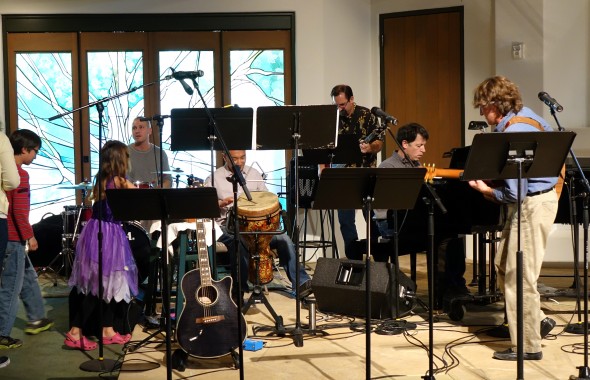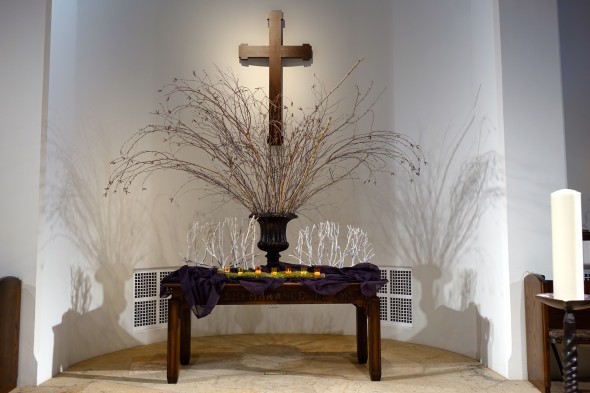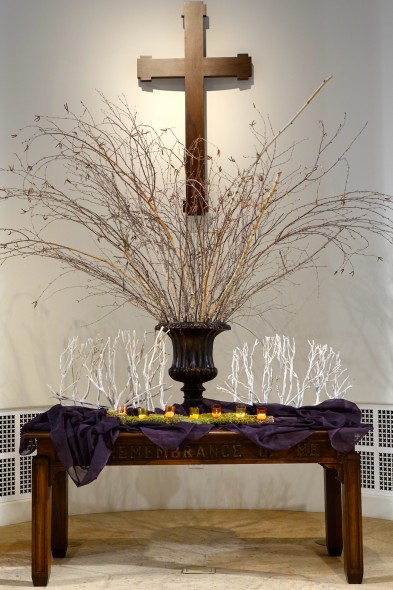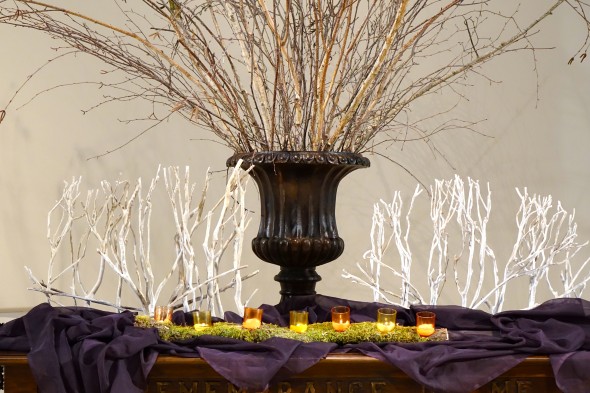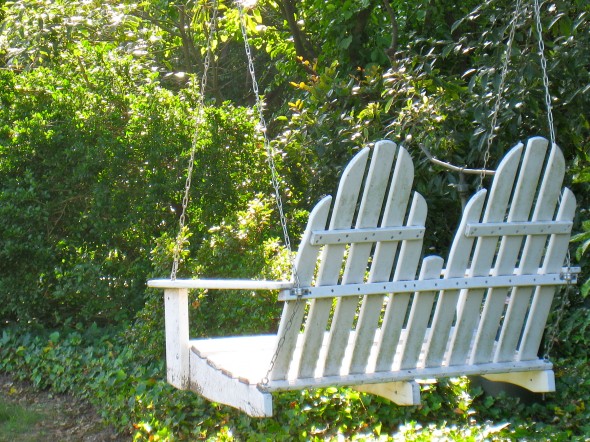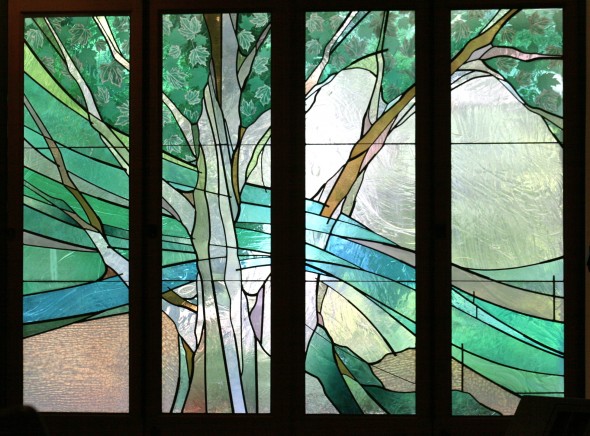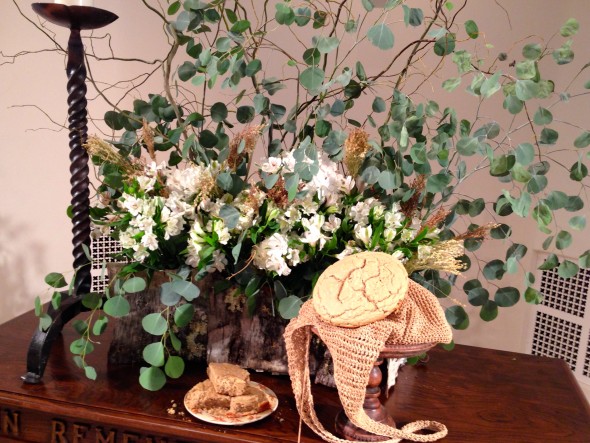I dressed in black,
ate my dinner earlier than usual
and drove one canyon over to rehearse.
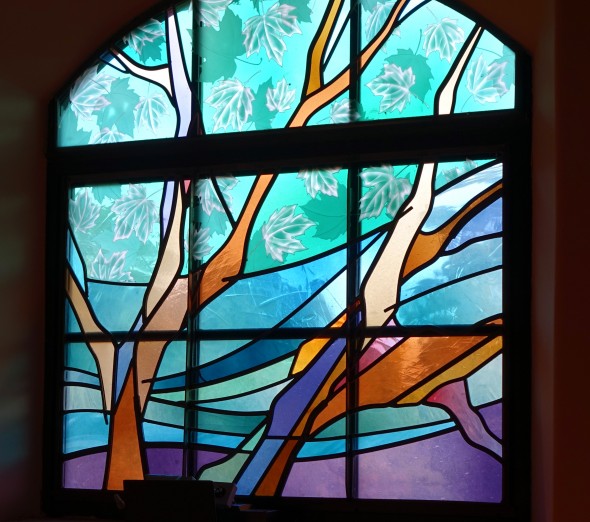 The sanctuary was filled
The sanctuary was filled
with evening light when I walked in,
heightening the lavenders and blues,
those deeply colored pieces
that fit inside the clerestory windows. 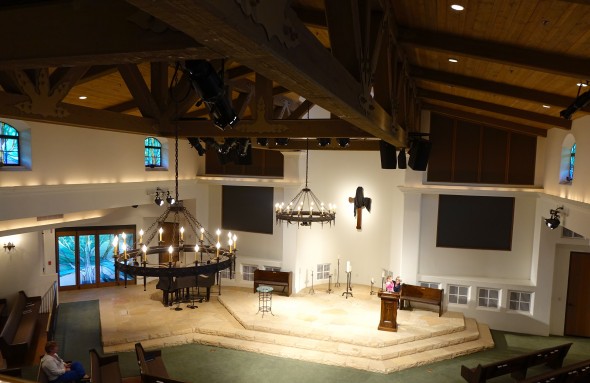 Musicians and readers met in the balcony,
Musicians and readers met in the balcony,
our home as the sun made its way down,
down behind the hills and the sea.
No paper trail this night,
only the dark light of the screens
to guide us from scripture to painting, to silence.
Then to poem, to song,
to the loss of one more layer of light. 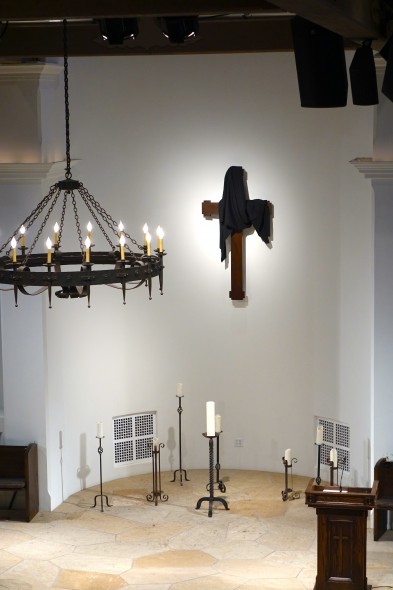 There is a sober feel to this night,
There is a sober feel to this night,
a quietness that invades our spirits
and guides our tongues.
Nothing is wasted.
No breath, no sigh, no syllable. 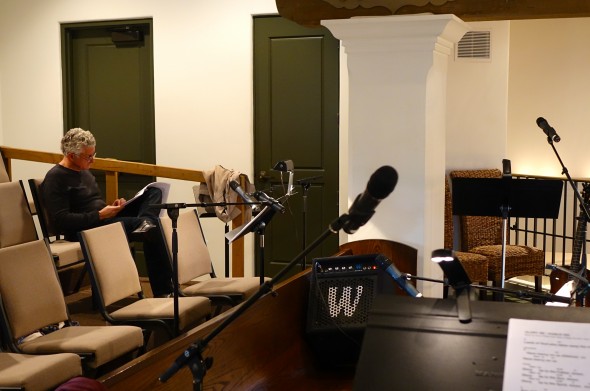 It is crowded and cramped where we sit,
It is crowded and cramped where we sit,
bound by chair legs and mic stands,
script pages and surreptitious, hooded lamps. 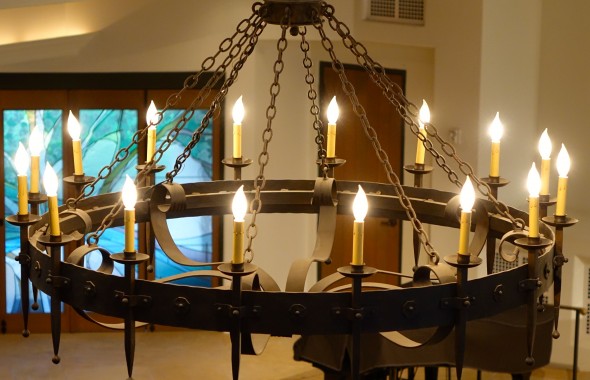 The chandeliers,
The chandeliers,
hand-pounded by an artist-blacksmith
in the valley,
remind me of crowns tonight.
Crowns fit for a king —
or one falsely accused. 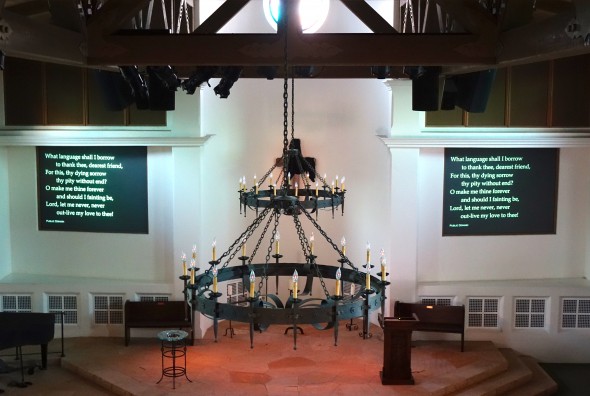 We begin with full brightness,
We begin with full brightness,
streaming in through the windows,
and shining out
from every light in the house. 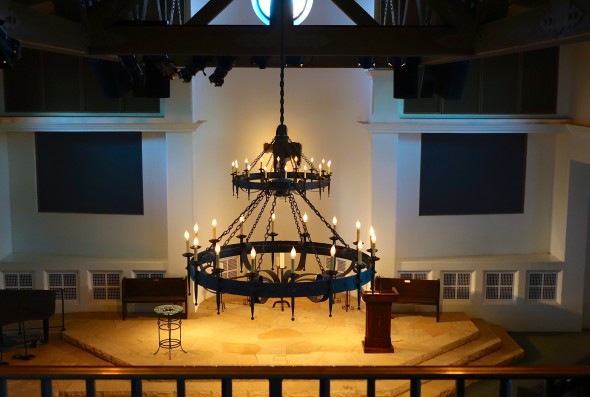 From my perch,
From my perch,
high above the worshippers,
I watch the space darken,
and feel the weight of it
settle into my bones.
My foot is aching this night,
tired from too much joyful standing,
baking and decorating,
standing beside my tall grandgirl,
who loves to try new things. 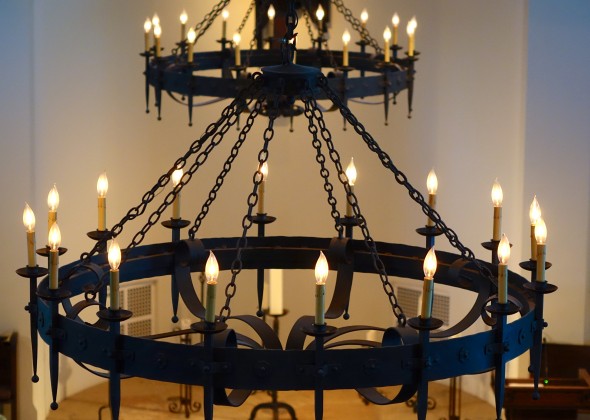 And I’m glad that it hurts.
And I’m glad that it hurts.
Not in a strange or masochistic way,
no. Rather, I am grateful to identify,
even in a small way, with the pain of this day.
With the darkness,
the good and necessary darkness.
The darkness which brought us
everlasting light;
the darkness in which the Good
was splayed out before us all,
absorbing our fallenness,
our brokenness,
our sinfulness,
our shame. 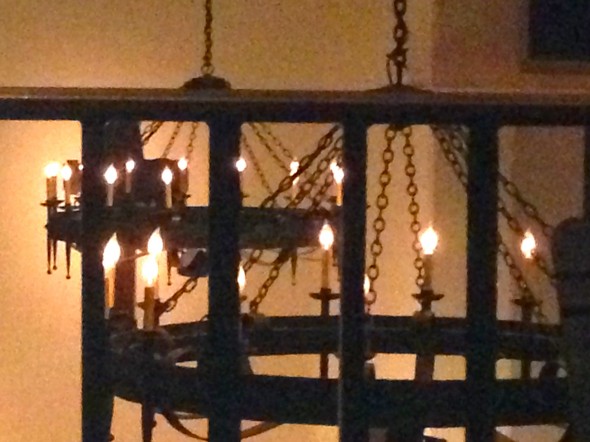 I am reading poetry tonight,
I am reading poetry tonight,
my partner a retired English prof
from a nearby college,
a wise and kind man,
who answers my queries
about meaning and inflection,
about rhythm and pace. 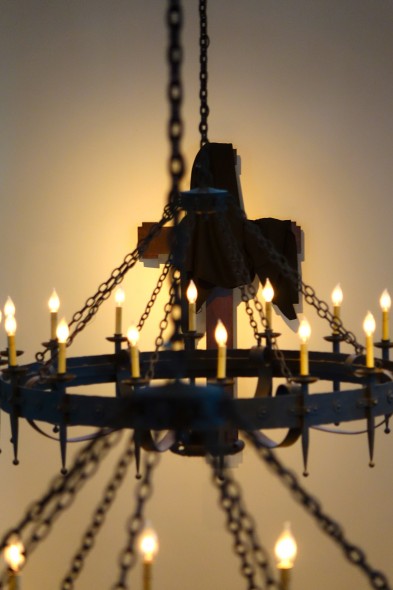 We hear the story,
We hear the story,
the old story,
the true story.
We look at etchings,
beautiful, old etchings.
And we sing.
Sweetly, reverently, we sing. 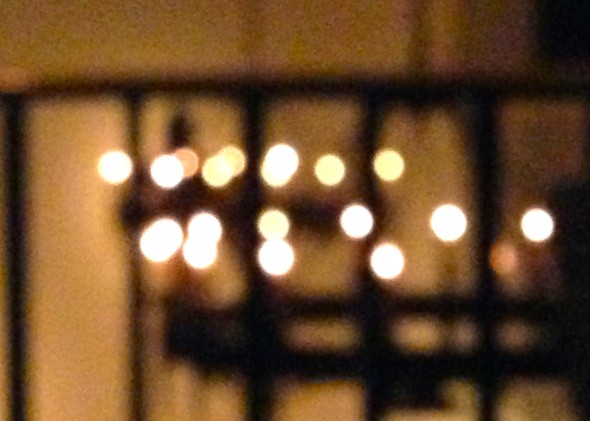 Seven times, a candle is snuffed out.
Seven times, a candle is snuffed out.
Seven words from John.
Seven songs are sung.
But only six poems.
For, in the end,
at the end,
there are no words.
Only the blessed darkness.
And then,
the Christ candle begins to move,
lifted high, cradled,
down the steps,
into the night.
And this time,
this time as I watch it go by
into the darkest space of all,
the one directly below my chair,
I weep.
This is a space where I cannot be,
where I cannot see
the gleaming of His light.
And it hits me,
as if for the first time,
that this light went out.
The Light of the world willingly
went out,
was laid deep in the earth,
and did not shine.
How did any of us survive that darkness?
And yet . . . that very darkness
birthed RESURRECTION.
Perhaps, I need to rethink
the meaning of the word,
the reality,
the gift
of darkness.
My deep thanks to Jon Lemmond for his wonderful script, to him and to Don Johnson for their masterful reading of the scripture, to Bob Gross, Jon Martin and Janet Spencer for such lovely musical leadership, to Tanner Gross for managing powerpoint and light level, and to my reading partner, John Sider. And special thanks for and to the poets – Richard Crashaw, John Byrom, Gerald Manley Hopkins, George Herbert, Christina Rosetti and Tania Runyon whose words graced this event with power, and with invitation.
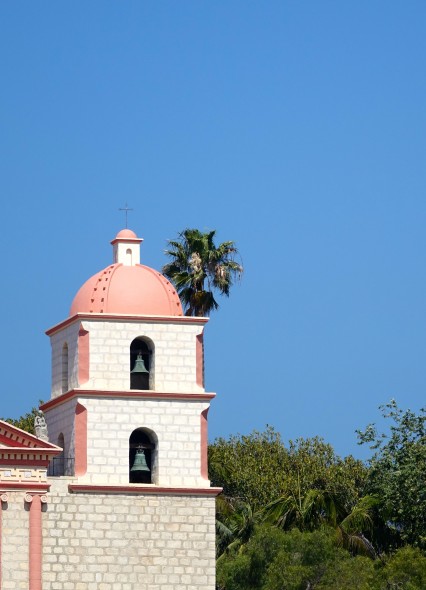
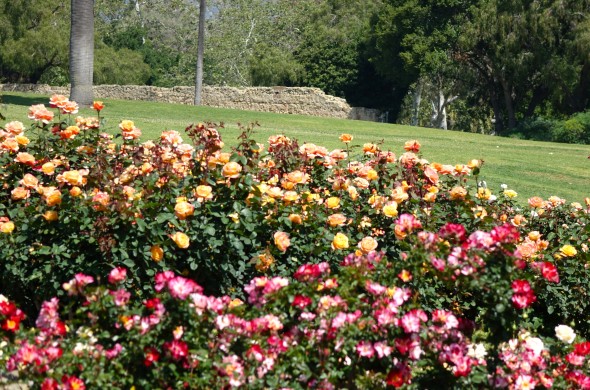


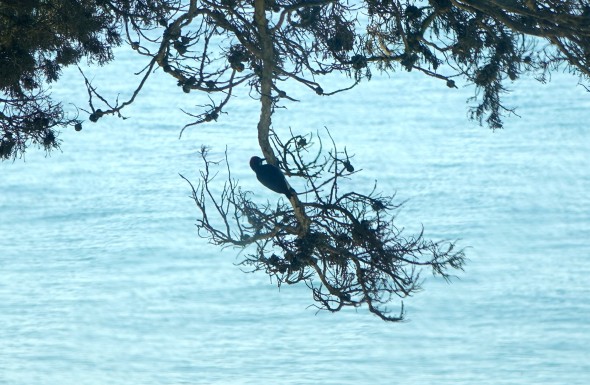
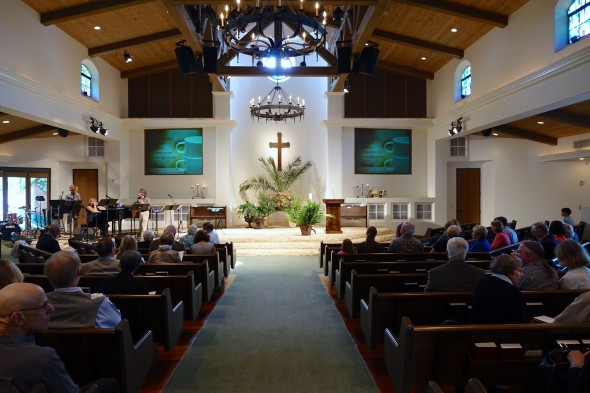
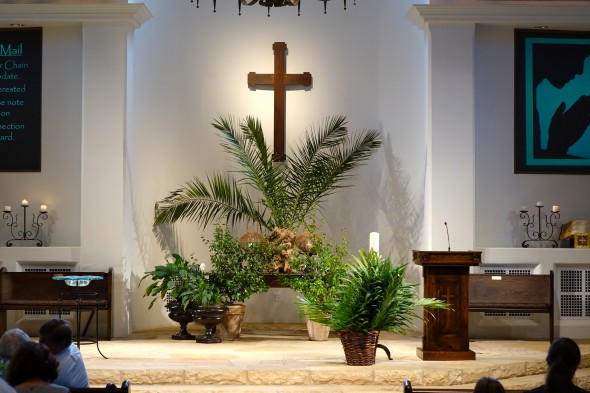
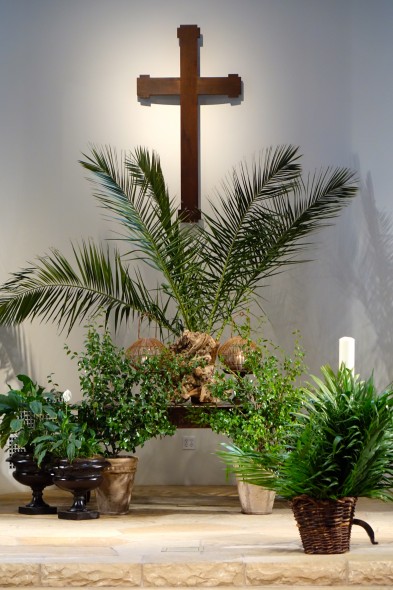
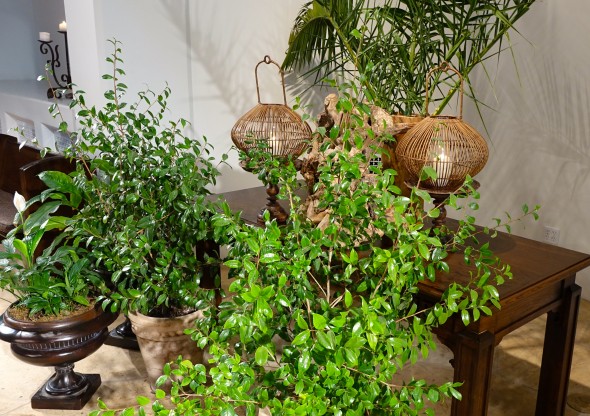
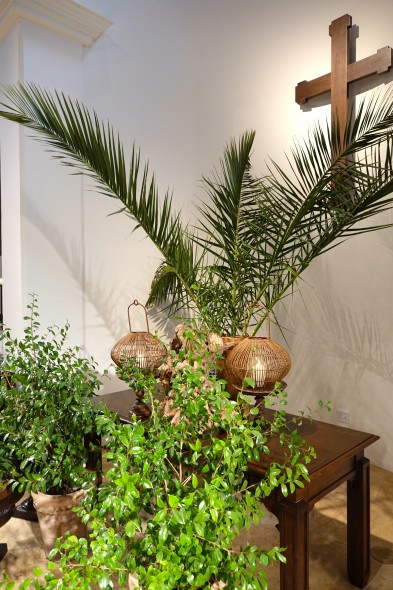
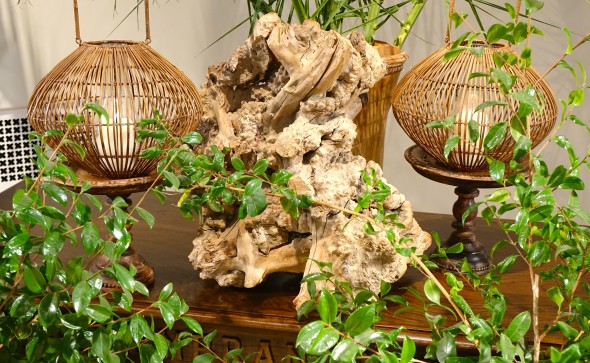
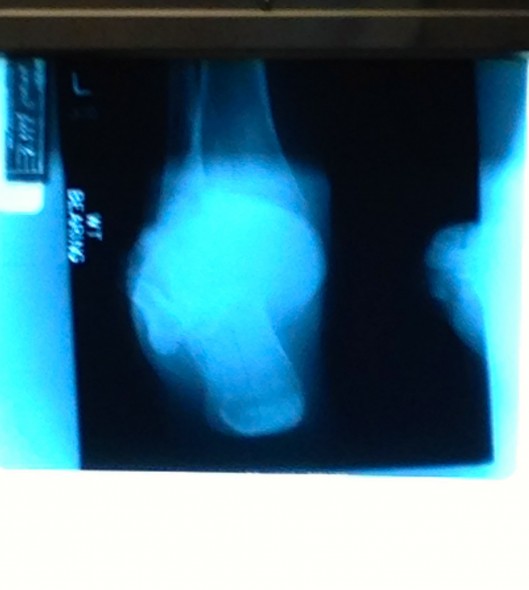
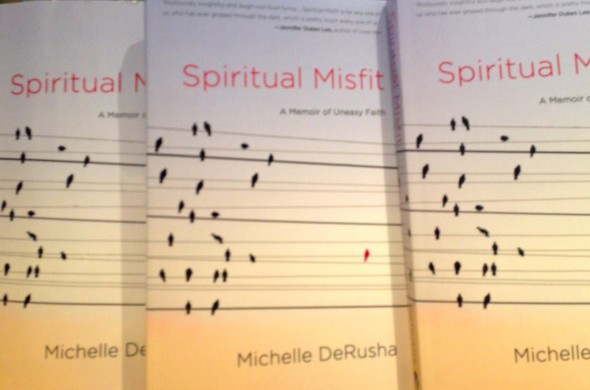
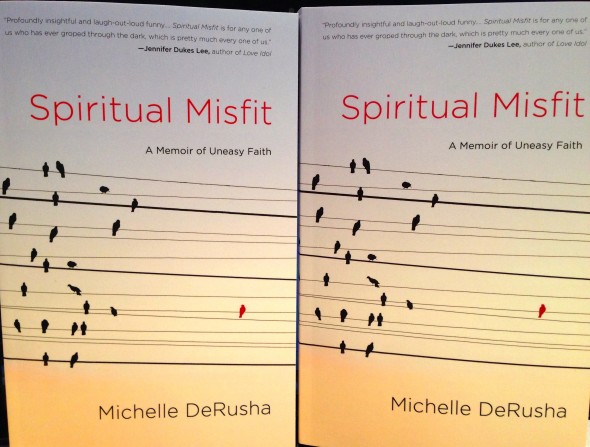
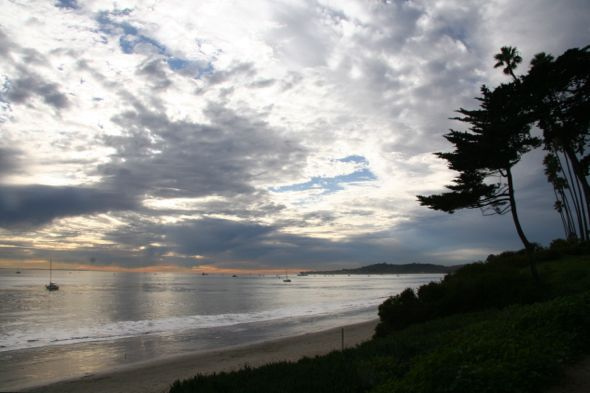
![Pageflex Persona [document: PRS0000035_00015]](http://dianatrautwein.com/wp-content/uploads/2014/03/WAWIW-Official-Cover-1-e1396316443335.jpg)
![Pageflex Persona [document: PRS0000035_00015]](http://dianatrautwein.com/wp-content/uploads/2014/03/WAWIW_Back_Cover-e1396316485978.jpg)
